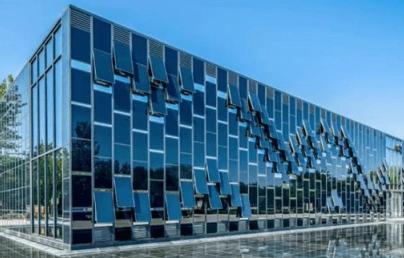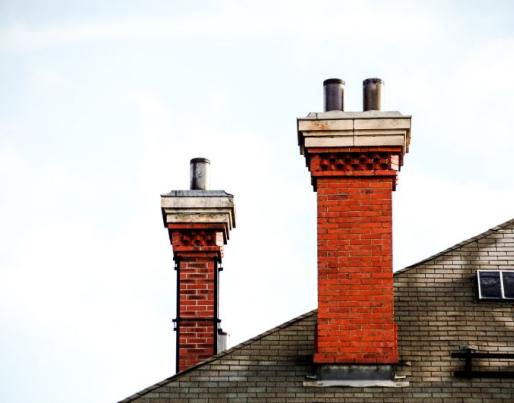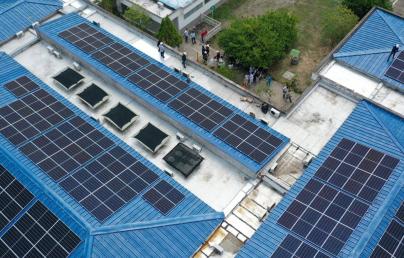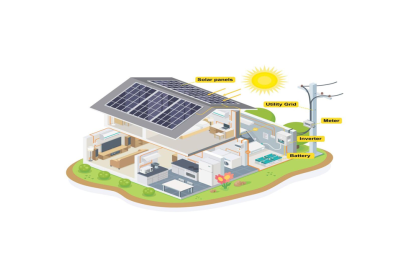
Energy advice for consumers and policy interventions to tackle energy poverty

Energy advice for consumers and policy interventions to tackle energy poverty
The STEP project´s key aim was to advise consumers on energy savings and implement energy efficiency solutions based on the country. The project also organised specific online and on-site training for frontline workers who were responsible to directly raise awareness in households.
In 2020, Eurostat estimated that 8% of the European population, around 35 million citizens, were experiencing energy poverty. Since then, according to the European Commission, ”Russia’s invasion of Ukraine in February 2022, along with the impact of the COVID-19 crisis, are likely to have worsened an already difficult situation for many EU citizens”. Presciently, the STEP project had been set up in 2019. It was coordinated by BEUC, the umbrella organisation for European consumer organisations.
“A key aim was to advise consumers on saving energy. We provided online and on-site training for frontline workers to deliver this directly to the consumers they were in contact with,” explains project coordinator Sara Patrone from BEUC. Some 16 000 consumers received energy advice, with 1 000 frontline workers – including social workers, energy suppliers and consumer organisations – trained on advisory techniques. This required over 150 training workshops, alongside the creation of 35 online training modules in nine languages. “After these efforts, we’ve calculated estimated primary energy savings of 38.4 gigawatt-hours,” says BEUC energy policy officer Eoin Kelly.
Rolling out energy advice
STEP was implemented in Bulgaria, Cyprus, Czechia, Latvia, Lithuania, Poland, Portugal, Slovakia and the United Kingdom. “These countries have some of the highest levels of energy poverty in Europe, partly due to insufficient insulation or low-quality housing stock,” Kelly notes. STEP worked through national consumer organisations, all BEUC members. “Having established networks with direct access to consumers, made the target of providing energy advice to 15 000 consumers feasible,” Kelly adds.
Energy experts within the consumer organisations developed energy efficiency solutions specific to their country, delivered to frontline ‘trainees’ and then directly – by phone, face to face, online and in workshops – to consumers. These ranged from: not blocking radiators to insulating attics and using low-flow shower heads. Many partners also conducted media campaigns and were featured in newspapers and on television, while advisory videos were also produced. In Prague, a temporary ‘Energy Contact Point’ in collaboration with local authorities was established, where consumers could drop in for advice.
Read the full news here.

